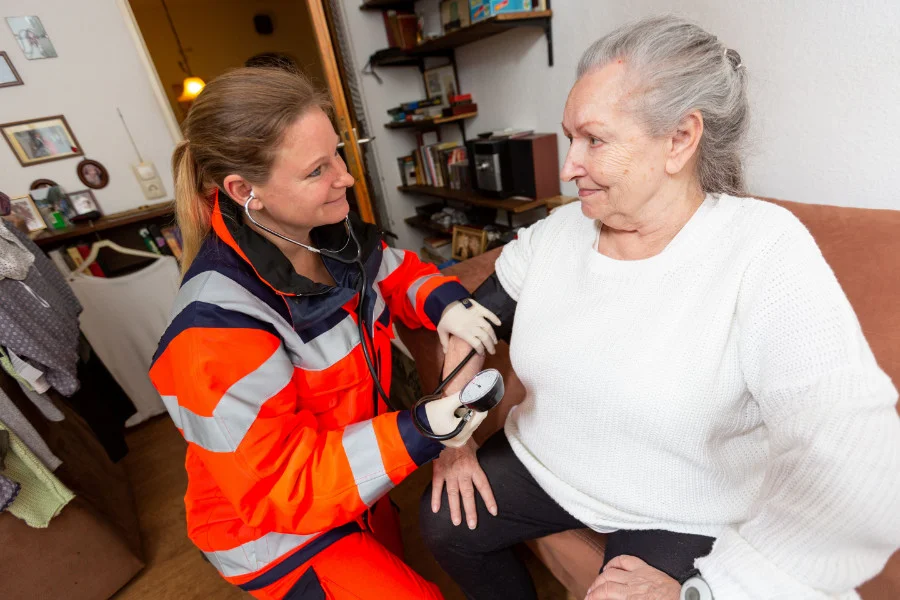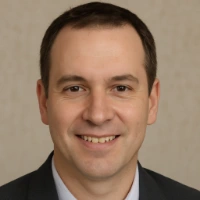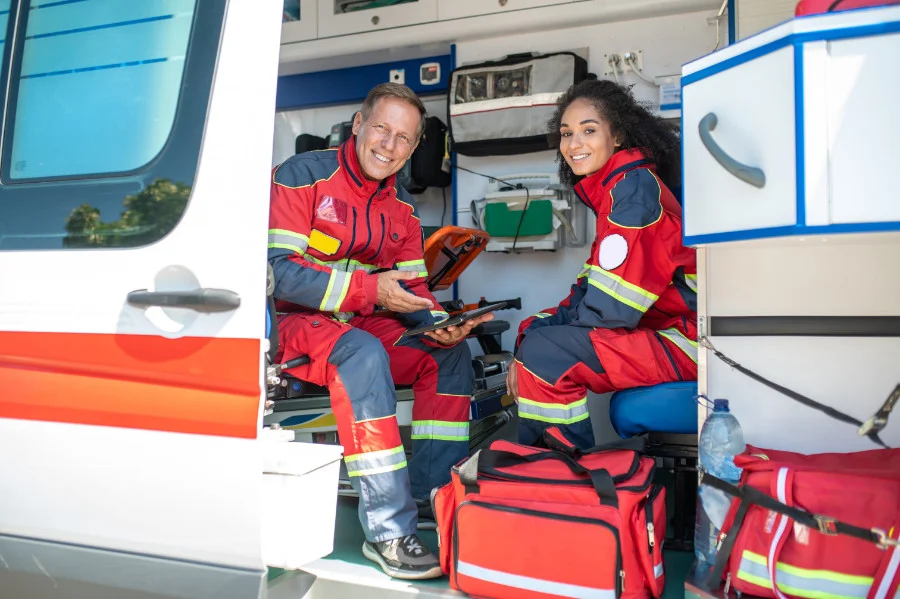A community paramedic is a healthcare professional who delivers medical services to under-served areas. Their role involves providing critical care, health education, and support to communities that lack immediate access to traditional healthcare facilities.
The length of paramedic training can vary significantly based on the specific program. You’re generally looking at a commitment of around 2.5 to 4 years to become a paramedic from start to finish, assuming you’re starting from scratch. This does not include the time it may take to complete prerequisites for paramedic programs, such as basic EMT Training, courses in anatomy and physiology, which some programs require.
The job description of a community paramedic involves several key responsibilities:
Responding to Medical Emergencies
Community paramedics are the crucial first line of defense in health crises within their communities. In an emergency, every second counts. As such, community paramedics provide immediate, lifesaving care to patients, stabilizing their conditions until they can be transported to a hospital if needed.
In remote or rural communities, where hospitals and emergency services may be miles away, the role of a community paramedic becomes even more critical. They are trained to handle a variety of medical emergencies, from cardiac arrests to trauma injuries, and their presence can make the difference between life and death.
Evaluating Patients in Non-traditional Settings
Another key aspect of a community paramedic’s job is to provide care in non-traditional settings, primarily in patients’ homes. Often, community paramedics serve in areas where healthcare facilities are sparse or distant. Therefore, they must be adept at evaluating patients in their homes, assessing their conditions, and providing necessary medical care.
This aspect of their job requires excellent interpersonal skills, as they often interact with patients and their families in a personal setting. They need to be comfortable working in different environments, adapting to each patient’s unique home situation.
Performing Basic Medical Assessments and Interventions
A Community paramedic performs basic medical assessments and interventions. Their medical knowledge and skills extend beyond first response to emergencies. They conduct physical exams, take patient histories, and perform diagnostic tests. Based on their assessments, they provide immediate medical interventions to stabilize a patient’s condition.
This could involve administering medication, performing minor surgical procedures, or providing other forms of treatment. They provide a valuable bridge between the community and more advanced healthcare services.
Providing Patient Education and Follow-up Care
Education is a significant part of a community paramedic’s job. They teach patients about their health conditions, medication usage, and the importance of follow-up appointments. They also advise on lifestyle modifications for chronic disease management and prevention. This role extends to follow-up care, where they ensure patients are adhering to their treatment plans, and monitor their progress over time. Through education and follow-up care, they empower patients to take control of their health.

Referring Patients to Other Healthcare Providers
Community paramedics are well-versed in their limitations and know when to refer patients to other healthcare providers. If a patient’s condition is beyond their scope of practice, they ensure the patient gets referred to a doctor or specialist who can provide the necessary care. This referral process can be complex, requiring coordination with various healthcare professionals and institutions. As such, they play a pivotal role in facilitating the continuity of care for their patients.
Recording Patient Data and Maintaining Accurate Medical Records
In the realm of healthcare, accurate data is crucial. Community paramedics are responsible for recording patient data, from symptoms and treatments to medical histories and diagnostic test results. They maintain these records meticulously, ensuring they are up-to-date and accurate. These records inform future care decisions and are crucial for other healthcare providers who may treat the patient later. Hence, record-keeping is a fundamental aspect of the job.
Maintaining and Restocking Medical Supplies and Equipment
Community paramedics handle their supplies with utmost care. Their role involves ensuring all medical equipment and supplies are ready for use. It’s not just about having supplies on hand; they ensure the materials are in good condition too. Besides, they check the expiry dates of medicines regularly. Consequently, they prevent wastage and ensure patient safety. To do this, they conduct routine checks and audits on their supplies. Whenever they notice a shortage, they act swiftly. They place orders and restock the necessary items promptly.
They handle medical tools and equipment with care, ensuring their proper functionality. Over time, they develop a keen eye for spotting issues in medical equipment, which they promptly report for repairs or replacements. In essence, maintaining and restocking supplies is not just about inventory. For them, it’s about ensuring they can deliver care efficiently when it matters the most.
To sum it up
Community paramedics play a vital role in healthcare, especially in remote communities. They’re the first line of defense during emergencies, promptly delivering lifesaving care. Notably, they also provide care in non-traditional settings, often visiting patients’ homes. This unique aspect of their work demands adaptability and excellent interpersonal skills.
They carry out basic medical assessments and interventions, acting as a bridge between communities and advanced healthcare services. Importantly, they also educate patients about their health conditions and ensure follow-up care. This educational role empowers patients to take charge of their health. Community paramedics know when to refer patients to specialists, facilitating continuity of care.
They meticulously record patient data and maintain medical records, which are crucial for future care decisions. They also ensure their supplies and equipment are well-stocked and in good condition, ready to be used when needed. Community paramedics are an essential cog in the healthcare machine. For more details download the Program Guidebook on the Florida Department of Health website.

Jeromy VanderMeulen is a seasoned fire service leader with over two decades of experience in emergency response, training, and public safety management. He currently serves as Battalion Chief at the Lehigh Acres Fire Control & Rescue District and is CEO of the Ricky Rescue Training Academy, a premier provider of online and blended EMT and firefighter certification programs in Florida.
Jeromy holds multiple degrees from Edison State College and the Community College of the Air Force, and is pursuing his MBA at Barry University. He maintains top-tier certifications, including Fire Officer IV, Fire Instructor III, and Fire Inspector II, and has served as a subject matter expert for a court case. He is a member or the Florida Fire Chiefs Association.
Jeromy also contributes to state-level fire safety regulation and serves on several hiring and promotional boards.

